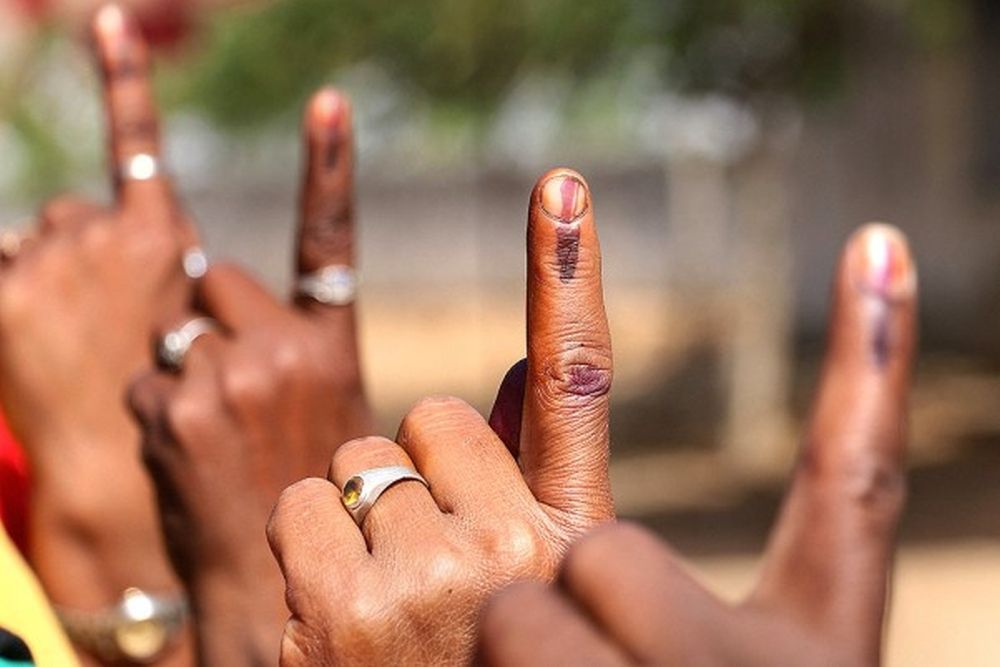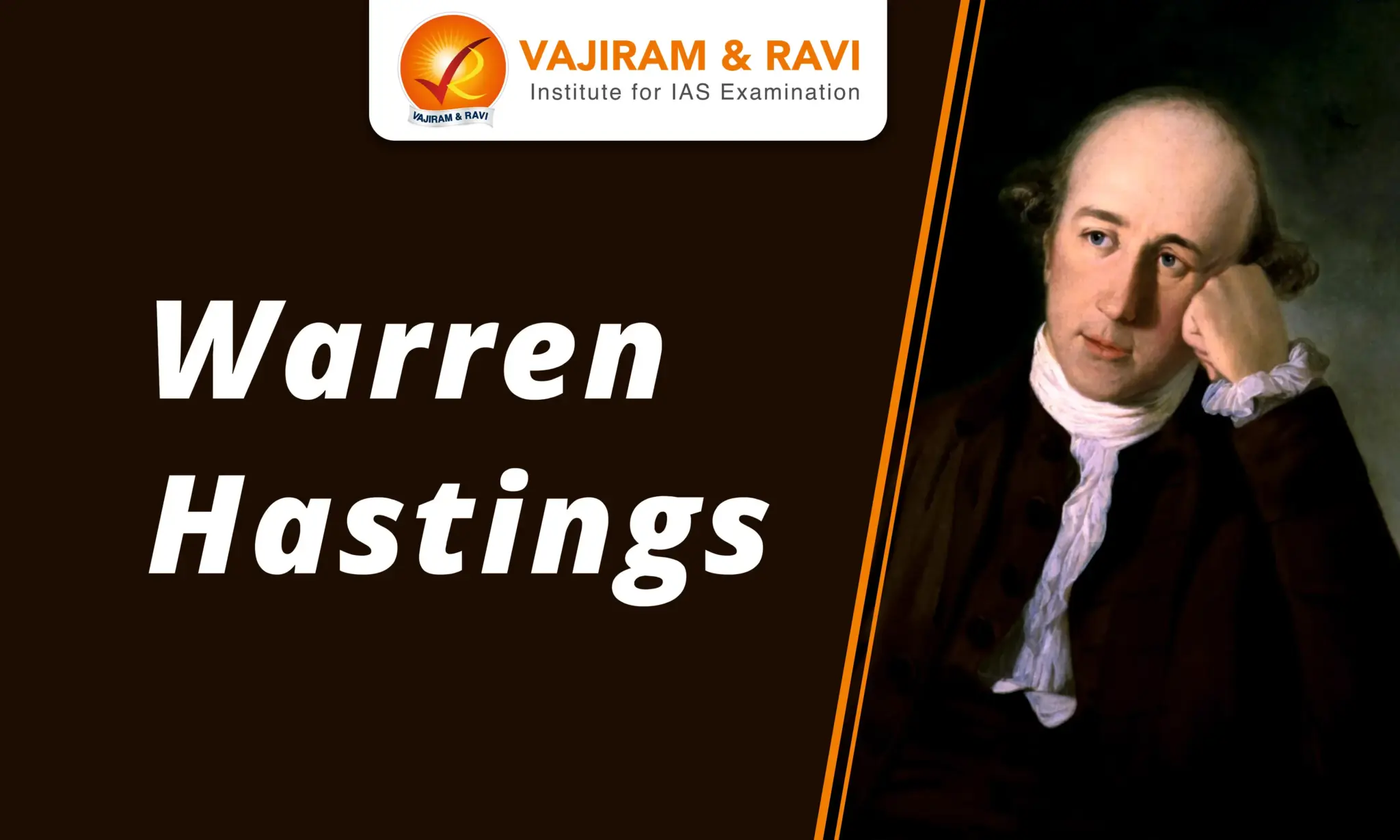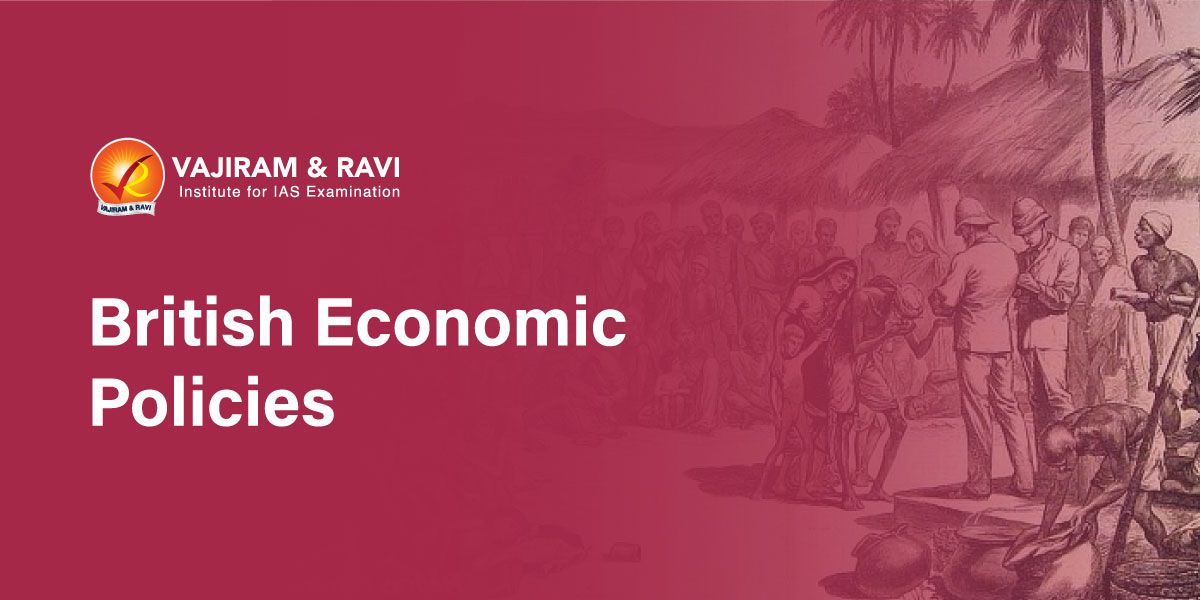What is Representation of the People Act, 1950, and what are its objectives?
The Representation of the People Act of 1950 (RPA 1950) is an act of the Indian Parliament, which was enacted to deal with the electoral system of the nation at the national and state level.
The purpose of the RPA 1950 is to provide for the
- Allocation of seats to Lok sabha and state legislative assemblies, and state legislative councils.
- Delimitation of constituencies for the purpose of election.
- Qualifications and disqualifications of voters.
- Preparation of electoral rolls.
- Manner of filling the seats.
How are the seats allocated to the constituencies under RPA 1950?
The four schedules under the RPA 1950 contain provisions pertaining to the allocation of seats and the method of election for various posts.
- First Schedule: The allocation of seats to the States in the Lok Sabha and reservation of seats for Scheduled Castes and Scheduled Tribes.
- Second Schedule: The total number of seats in the Legislative Assembly of each State.
- Third Schedule: The allocation of seats in the Legislative Councils of the States.
- Fourth Schedule: Local authorities for purposes of elections to Legislative Councils.
- Method of election: All the seats in the Lok Sabha shall be filled by persons chosen by direct election from parliamentary constituencies in the States.
What is Delimitation, and what are the provisions provided under RPA 1950?
- Delimitation means the act or process of fixing limits or boundaries of territorial constituencies in a country or a province having a legislative body.
- The Delimitation Commission is a high-power body that takes up the function of the delimitation of the territorial constituencies in India.
- Its orders have the force of law and cannot be called in question before any court.
- These orders come into force on a date to be specified by the President of India on this behalf.
- Mention the delimitation commissions so far.
- In India, such Delimitation Commissions have been constituted 4 times – in 1952, 1963, 1973, and 2002.
- The primary function of the Delimitation commission is to redraw the boundaries of various assemblies and Lok Sabha constituencies based on the recent census.
- The Election commission shall consolidate the delimitation orders of the delimitation commission into one single order, known as the delimitation of the parliamentary and assembly constituencies order.
| Articles | Provisions |
| Article 82 |
|
| Article 170 |
|
Who is qualified to be a voter in India?
A person shall be disqualified for registration in an electoral roll if he/she:
- Is not a citizen of India.
- Is of unsound mind and stands so declared by a competent court.
- Is disqualified from voting under the provisions of any law relating to corrupt practices and other offenses in connection with elections.
Along with this, there are other provisions that provide for the disqualification of a voter as follows,
- No person is to be registered in more than one constituency.
- No person is to be registered more than once in any constituency.
- Conditions of registration for voters:
- Person is not less than 18 years of age on the qualifying date.
- He is ordinarily resident in a constituency.
What are the various electoral offices?
- Chief electoral officer:
- There shall be a Chief electoral officer (CEO) for each state nominated or designated by the election commission of India in consultation with the state government.
- The major functions of the Chief electoral officer are:
- To supervise the preparation, revision, and correction of all electoral rolls in the State.
- Monitoring compliance with the Model Code of Conduct and submitting daily reports to the Election Commission.
- The CEO is responsible for ensuring that all candidates and political parties comply with the rules and regulations governing the election.
- It is his duty to review the law and order situation.
- To seal the Electronic Voting Machines and election papers under his directions.
- District election officer:
- The Election Commission shall designate or nominate a district election officer who shall be an officer of Government.
- The Election Commission can also specify the area in respect of which each officer shall exercise jurisdiction.
- The primary function of the District election officer is to coordinate and supervise all work in the district or in the area within his jurisdiction in connection with the preparation and revision of the electoral rolls for all parliamentary, assembly, and council constituencies within the district.
- The district election officer shall also perform other functions as may be entrusted to him by the Election Commission and the Chief electoral officer.
- Electoral registration officer:
- The Election Commission shall, in consultation with the Government of the State in which the constituency is situated, designate or nominate an Electoral registration officer.
- The electoral roll shall be prepared and revised by an electoral registration officer.
- Returning officer:
- A Returning Officer (RO) is an official who is responsible for conducting elections in a particular constituency.
- The major functions of the RO are receiving and scrutinizing nomination papers of candidates who are contesting in the election, ensuring that all the necessary documents and forms are filled out correctly by the candidates, etc.
What is an electoral roll, and how is it prepared?
- An electoral roll is a comprehensive list of all eligible voters in a specific geographic area or constituency. It is used to determine who is eligible to vote in an election, or another event of voting.
- An electoral roll is prepared under the superintendence, direction, and control of the election commission for every constituency. .
- The electoral roll for a Parliamentary constituency shall consist of the electoral rolls of all the assembly constituencies under that parliamentary constituency.
- Common Electoral Roll:
- Common electoral roll can be defined as one voter list that will be used for all elections, including Lok Sabha, State legislative assembly and other elections.
- The Law Commission also endorses the suggestions of the ECI regarding the introduction of common electoral rolls for Parliamentary, Assembly and local body elections.
The Election Laws (Amendment) Bill 2021
- Linking electoral roll data with Aadhaar: The electoral registration officer may require a person to furnish their Aadhaar number to establish their identity.
- Qualifying date for enrolment in electoral roll: The Bill provides four qualifying dates in a calendar year, which will be January 1, April 1, July 1, and October 1.
- Requisitioning of premises for election purposes: The Bill expands the purposes for which premises can be requisitioned.
- Gender-neutral provisions: The Bill replaces the term ‘wife’ with ‘spouse’ in RPA, 1950 and RPA 1951.
What is the role of the judiciary in the election system?
- Nocivil court shall have jurisdiction:
- To entertain or adjudicate upon any question whether any person is or is not entitled to be registered in an electoral roll for a constituency.
- To question the legality of any action taken by or under the authority of an electoral registration officer.
- No court shall take cognizance of any offense committed by any officer in connection with the preparation, revision, or correction of an electoral roll or the inclusion or exclusion, etc unless there is a complaint made by the Election Commission or the Chief Electoral Officer of the State concerned.
Last updated on July, 2025
→ UPSC Notification 2025 was released on 22nd January 2025.
→ UPSC Prelims Result 2025 is out now for the CSE held on 25 May 2025.
→ UPSC Prelims Question Paper 2025 and Unofficial Prelims Answer Key 2025 are available now.
→ UPSC Calendar 2026 is released on 15th May, 2025.
→ The UPSC Vacancy 2025 were released 1129, out of which 979 were for UPSC CSE and remaining 150 are for UPSC IFoS.
→ UPSC Mains 2025 will be conducted on 22nd August 2025.
→ UPSC Prelims 2026 will be conducted on 24th May, 2026 & UPSC Mains 2026 will be conducted on 21st August 2026.
→ The UPSC Selection Process is of 3 stages-Prelims, Mains and Interview.
→ UPSC Result 2024 is released with latest UPSC Marksheet 2024. Check Now!
→ UPSC Toppers List 2024 is released now. Shakti Dubey is UPSC AIR 1 2024 Topper.
→ Also check Best IAS Coaching in Delhi
Representation of the People Act, 1950 FAQs
Q1. When was the last Delimitation Commission constituted?+
Q2. Who is an ordinary resident in India?+















